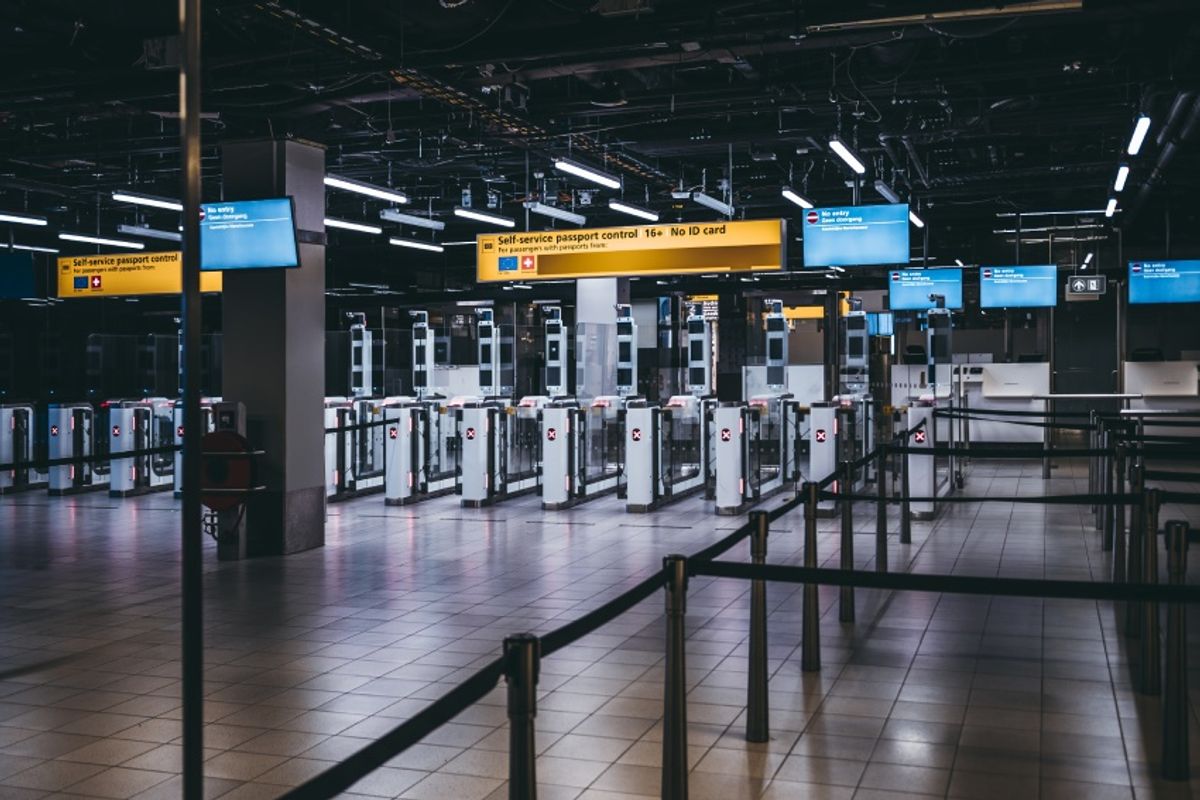UK government warned about travel ‘chaos’ during ETA rollout

The UK government has been warned that there could be “major travel disruption” due to the rollout of its own Electronic Travel Authorisation (ETA) system, as well as two forthcoming EU travel platforms.
The House of Lords’ Justice and Home Affairs Committee has written to ministers stressing the potential problems caused by ETA, which has already started its gradual rollout, as well as the EU’s Entry/Exit System (EES) and Electronic Travel Information and Authorisation System (ETIAS).
The committee particularly stressed the “limited public awareness” about the upcoming changes at both the UK and EU borders.
“The timetable for the implementation of changes at the border is extremely ambitious,” said the committee in a statement. “There is a lack of co-ordination with the EU on the launch of its schemes, with challenges and delays likely to arise if the rollout of the ETA for EU citizens clashes with the launch of the EES.”
The UK government launched the ETA for Qatari nationals in October 2023. It has since been extended to nationals from Bahrain, Jordan, Kuwait, Oman, Saudi Arabia and the United Arab Emirates. It is due to be rolled out to visitors from other countries, including the EU and US, later this year.
Meanwhile, the EU has seen multiple delays to the implementation of both EES and ETIAS. Currently, EES is due to be launched in October with ETIAS to follow in mid-2025. Both schemes will apply to UK nationals and passport holders from all other non-EU countries outside the Schengen area.
Lord Foster of Bath, who chairs the Justice and Home Affairs Committee, said its members supported the principle behind the UK’s ETA scheme.
“However, we question whether the ETA can live up to its original objectives not least because of uncertainties about the quality of available data about visitors,” he added.
“We are concerned about the pace of change given the current inadequacies in the information being made, the potential disruption if the ETA for EU citizens and the EU’s own EES are introduced at the same time, and the lack of time to make changes in the light of experience from early stages of the rollout process.”
Lord Foster also questioned whether making transit passengers travelling through UK airports obtain an ETA, which costs £10, was the right policy because of “the significant economic impact it will have on Heathrow”. The airport has already called for this rule to be scrapped for connecting travellers not passing through the UK border.
“The pace of change could undermine public confidence in border management. The government, Border Force and the public need to be ready and these changes need to be communicated as a priority,” concluded Lord Foster.
“We have seen major disruption at Dover and Kent when there are delays at the border and long queues at airports when systems are down. Planning for a gradual and well co-ordinated implementation of the new schemes is vital to ensure similar chaos at our borders is avoided.”
Related
Brits forced to pay fee to visit these 30 countries…
UK tourists will be required to pay a fee to visit 30 countries in Europe under new European Union (EU) travel rules.The rules mean British holidaymakers will n
The beautiful European island with just 148 locals
Irakleia is a beautiful island in the Minor Cyclades of Greece, nestled in the heart of the Aegean Sea and just an hour away from Naxos. Officially recorded t
Warning issued for Brits flying easyJet and Ryanair to popular…
Passengers flying with Ryanair, easyJet and British Airways should expect disruption (Picture: Urbanandsport/NurPhoto via Getty Images) Passenge










